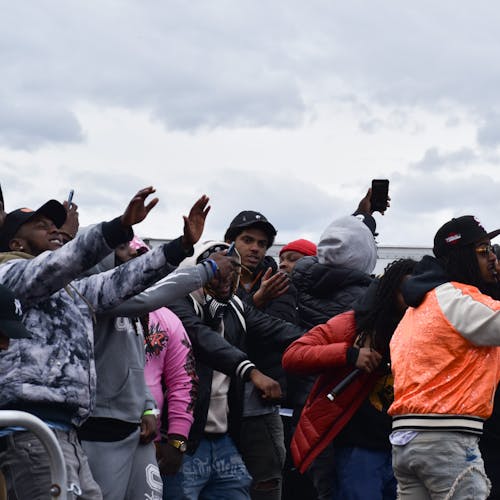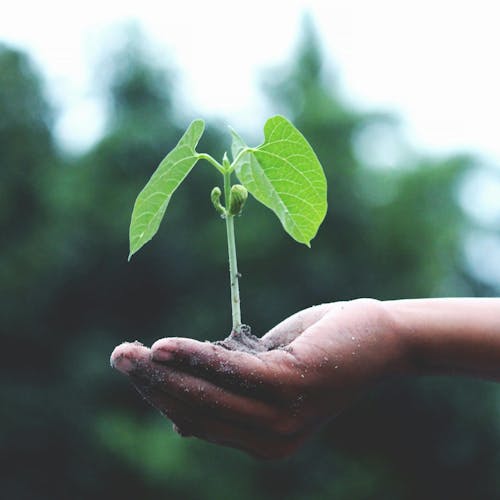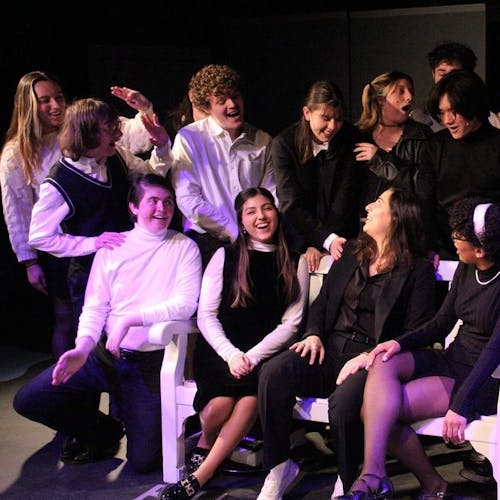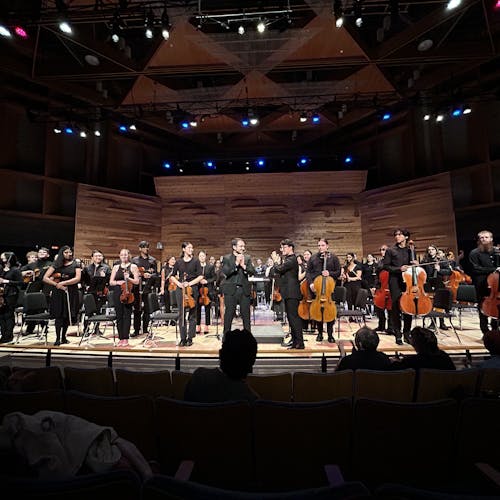For Black Poetry Day, explore new generation of prose artists
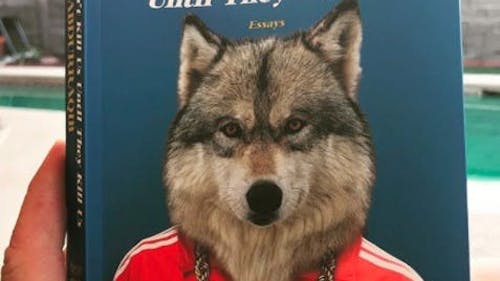
Literacy is the bedrock of any modern society, crucial to everything we do. It’s exciting, informative, expressive and for far too long, was exclusive. It’s not hard to make the case that equitable education was not available to communities of color until at least the late 1950s, and even today, literacy rates are still heavily affected by socioeconomic status. According to research by the National Center for Education Statistics, Black children still constitute the highest number of minors living in poverty. The same study showed Black children consistently scoring among the lowest among reading tests in fourth and eighth grade. It’s clear that more work needs to be done to reach out to historically marginalized demographics — Native American and Hispanic children also scored below average — to create a more level playing field for all Americans.
Black poets have always known this.
From the canonized writers like Gwendolyn Brooks and Langston Hughes to more radical voices like Amiri Baraka, the goal for Black poets has often been to write from whence they came. Black writers have often acknowledged that they are but a handful of students lucky enough to receive the proper education and opportunities to have their prose flourish and grow. This recognition, and the desire to venerate the communities that raised them despite the odds, has informed some of the greatest creative writing our nation and the world has ever seen.
While it would be easy to extol the virtues of legends like Maya Angelou and Nikki Giovanni, it’s also exciting to look at some of the writers still emerging. Here are just a few of the bold voices creating legacies of their own.
Aja Monet
A Brooklynite of Cuban-Jamaican origins, Aja Monet is an activist and educator as well as a poet. Her book “My Mother Was a Freedom Fighter” celebrates Black womanhood and explores the horrors of imperialism past and present. The book was nominated for an NAACP award, and received wide acclaim. Sexism, genocide, grief and love all play huge roles in shaping her worldview and her work. Harry Belafonte, legendary activist and artist, called her “the true definition of an artist,” an affirmation that she’s walking in the tradition of those who came before her.
Hanif Abdurraqib
Black Mid-Western artists have a long and strong history of shaping culture, with cities like Chicago and St. Louis being home to many art and music movements in the past century. Hailing from Columbus, Ohio, Abdurraqib is carrying the torch. A cultural critic, essayist and poet, he’s cut from a Baldwin-esque cloth. His writing is incisive, and well in touch with the ways we communicate and consume. An author of four books, his latest release of poetry is called “Vintage Sadness,” which came out last year. The opening quotes, taken from Octavia Butler and Carly Rae Jepsen, are a testament to the threads he sees between cultures and connections he makes. It’s also just incredibly interesting to see the contrast of influences, like in his latest essay collection, which quoted Lorraine Hansberry and Lil Uzi Vert. With more work slated to be released in 2019, be sure to look for more from Abdurraqib.
Eve Ewing
Reaching a point of creative and educational praxis has often proved to be a challenge, but Dr. Eve Louise Ewing has taken on the task with aplomb. A Chicago-raised, Harvard-educated sociologist of education who researches racism, social inequality and urban policy, she also writes poetry. Her work as a sociologist has been funneled into a new book called “Ghosts in the Schoolyard: Racism and School Closings on Chicago's South Side.” Her collection of poetry, essays and visual art “Electric Arches” was released last year, and was named the Best Poetry Book by the Chicago Review of Books. It seems like there isn’t much she can’t do, and Ewing is sure to be a mainstay in academic and artistic circles for years to come.
Just as the highlighted writers are all interdisciplinary artists, let’s not forget that plenty of the most prolific Black poets today work in hip-hop. Rappers like Noname and Earl Sweatshirt are hard at work putting gripping prose into a musical context. In whatever form, watching Black artists blaze new trails and exploring culture is engaging and essential.
